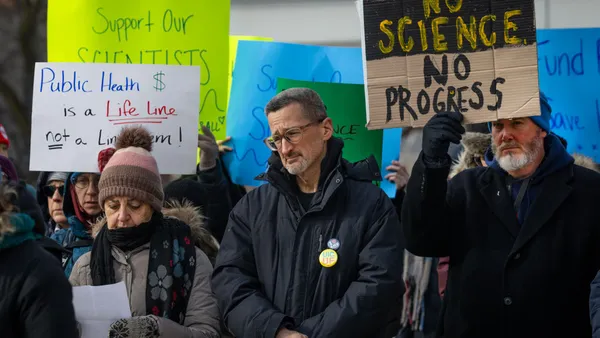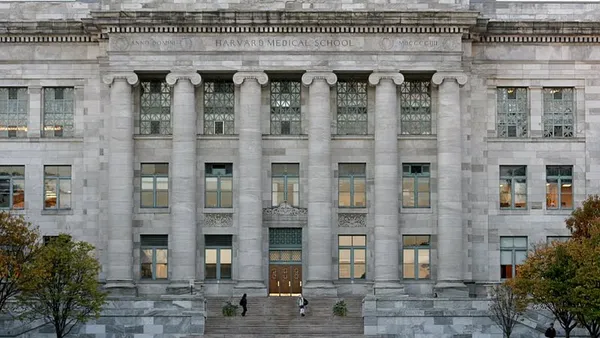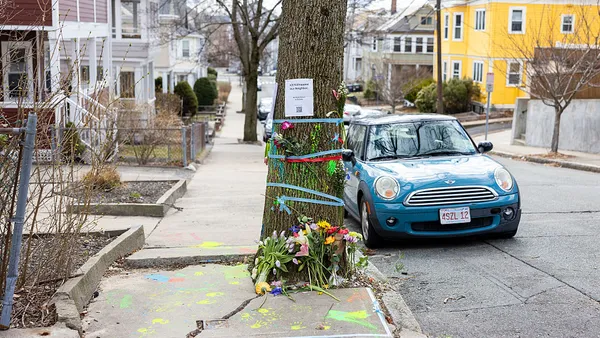Dive Brief:
- An appeals court panel rejected an appeal by a trio of higher education institutions attempting to block a class-action settlement between student borrowers and the U.S. Department of Education that clears $6 billion in debt for roughly 200,000 borrowers.
- The 9th U.S. Circuit Court of Appeals on Tuesday ruled against the institutions, Lincoln Educational Services Corp., American National University and Everglades College, which have argued against details of the settlement and their inclusion in it.
- A majority of the three-judge panel supported a lower court’s ruling that the colleges did not have a “significantly protectable interest” and, as parties not participating in the settlement to the long-running Sweet v. Cardona lawsuit, lacked a particular form of legal standing needed to challenge it.
Dive Insight:
Sweet v. Cardona has been working through the legal system for years now. The case was brought by students who alleged the Education Department, going back to 2019 under the Trump administration, mishandled claims under the borrower defense to repayment regulation.
The rules grants debt relief to borrowers defrauded by their colleges. Plaintiffs said the Education Department delayed decisions on their claims and left them stuck with loans.
Under the settlement, initially approved by a federal court in 2022, the Education Department said it would automatically wipe out debts of certain borrowers who attended one of the institutions on a list of some 150 colleges. That list included colleges operated by the three higher education institutions that attempted to block the settlement.
Members of the plaintiff class also don’t have to make payments while their claims are being reviewed.
The three colleges that intervened in the case alleged that their institutions’ inclusion in the settlement harmed their reputations. These institutions ultimately asked a court to pause the settlement, a request that was denied in early 2023. That denial was upheld in Tuesday’s appellate ruling.
“This decision validates the fact that each of our clients is entitled to relief under this settlement and that desperate action by three educational companies cannot stop their long-awaited relief,” said Eileen Connor, president of the Project on Predatory Student Lending, one of the groups representing borrowers in the class-action lawsuit, in a statement on Tuesday.
Jed Brinton, senior vice president and general counsel of Career Education Colleges and Universities, an industry association for for-profit colleges, said the appeals court ruling ignored the U.S. District Court's decision to allow the institutions to intervene and “dodged the legitimate concerns raised by the schools about the Sweet settlement.”
The for-profit Lincoln Educational Services Corp. and American National University did not immediately respond to requests for comment on the ruling and whether they would appeal further.
Judge Daniel Collins dissented from the 9th Circuit’s majority opinion, arguing that the colleges had the required “prudential” standing to challenge the settlement. Collins also addressed the substance of the colleges’ argument, writing that the Education Department “lacks the necessary statutory authority to grant the relief contained in the settlement.”












